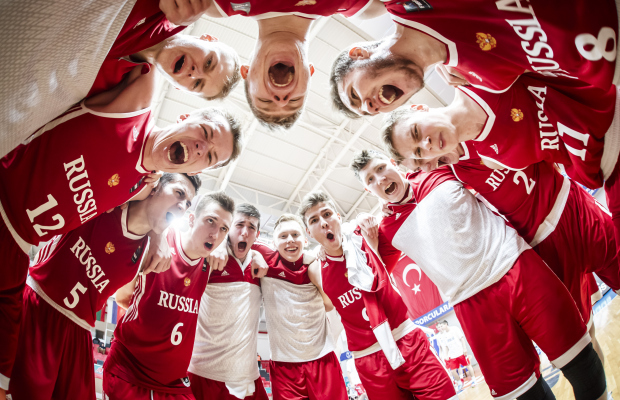For players in the biggest leagues and in the most visible markets, sponsors may be approaching them to discuss sponsorship. Athletes in smaller markets or playing in smaller clubs or federations may need to be more proactive in how they approach sponsorship. An agent can and should be very useful in this area.
To get the process started, create a long list of possible sponsors. You and your agent can then work through the list and try to initiate discussions with interested companies. Potential sponsors could include companies who are already actively involved in sponsoring the sport of basketball and that are interested in partnering with individual athletes, but also companies that offer products that you enjoy.
- Basketball related
- Equipment (balls, nets, etc.)
- Apparel (shoes, shorts, headbands, etc.)
- Training (medical gear, equipment, etc.)
- Products/services you enjoy
- Clothing (non-basketball)
- Personal care products (deodorant, etc.)
- Service businesses (restaurants, banks, airlines, etc.)
There is no “magic trick” to ensure that you match the needs of a potential sponsor. However, the best sponsorship agreements are those in which the sponsor firmly believes in and trusts the athlete and the athlete genuinely supports the product he or she is endorsing.
